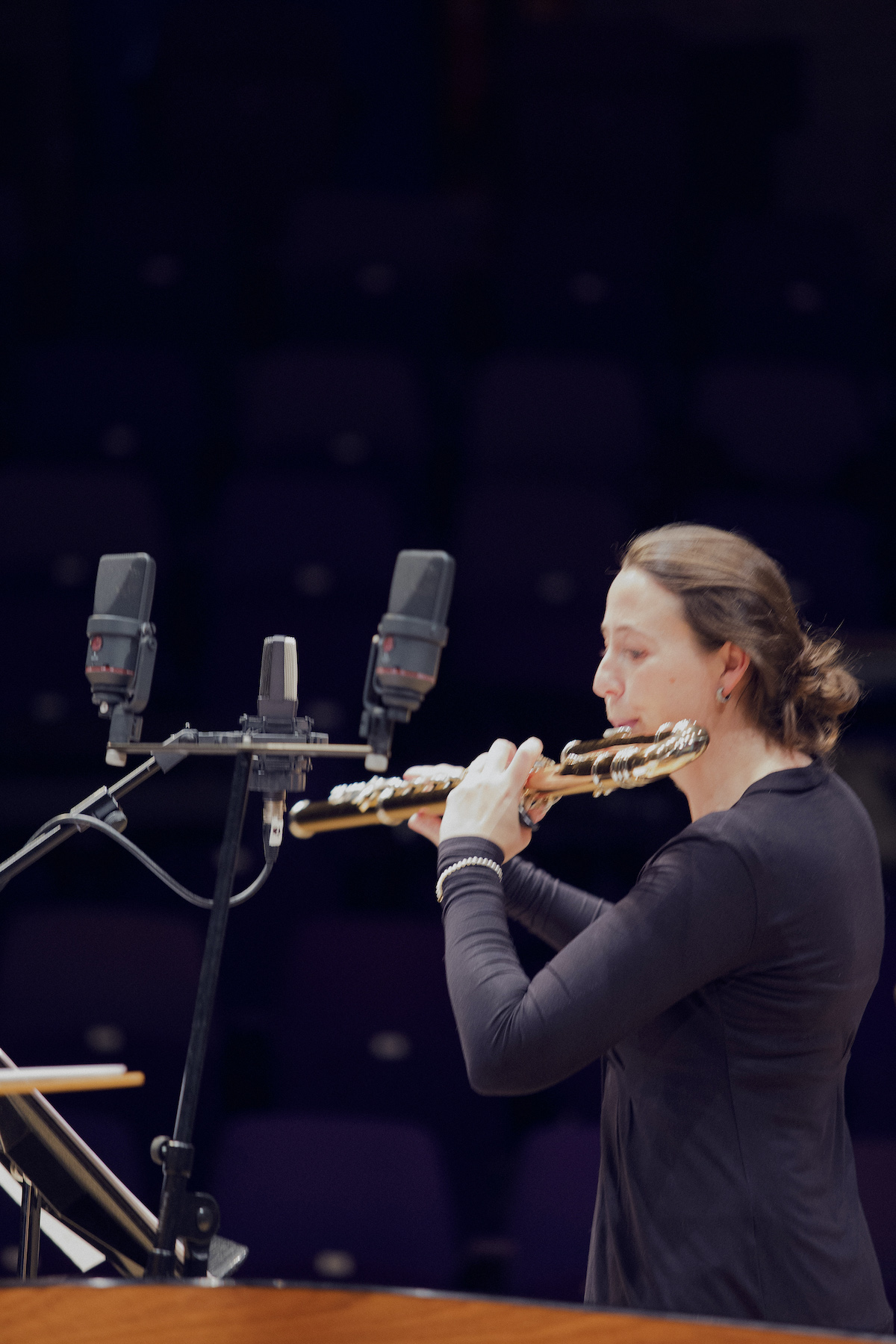Timelessness and temporality are widely studied topics in the classical music of the second half of the 20th century and the 21st century, mainly concerning the perspective of musical composition and auditory perception of music. But what is the perspective of temporal layeredness in the performer’s experience? This quote offers a starting point (Noble, 2018): “music whose temporal organisation optimises human information processing and embodiment expresses human time, and music whose temporal organisation subverts or exceeds human information processing and embodiment points outside of human time, to timelessness .”
Specialized in the repertoire of Karlheinz Stockhausen, de Fleyt wants to investigate the role of temporality in music from the perspective of a performer. She will delve into the richness of different layers of temporal awareness in an artistic experience through experiential, embodied, and sensorial knowledge, using different temporal compositions by Stockhausen as case studies: HARMONIEN (2006) for flute, bass clarinet and trumpet, Xi (1986) for flute solo and STOP (1969) for ensemble.
Promotors: Kathleen Coessens (Conservatoire) and Steven Malliet (UAntwerp)
(photo: Notes for the London Version are handwritten on this published score page for the Paris Version, detail © Universal Edition)





